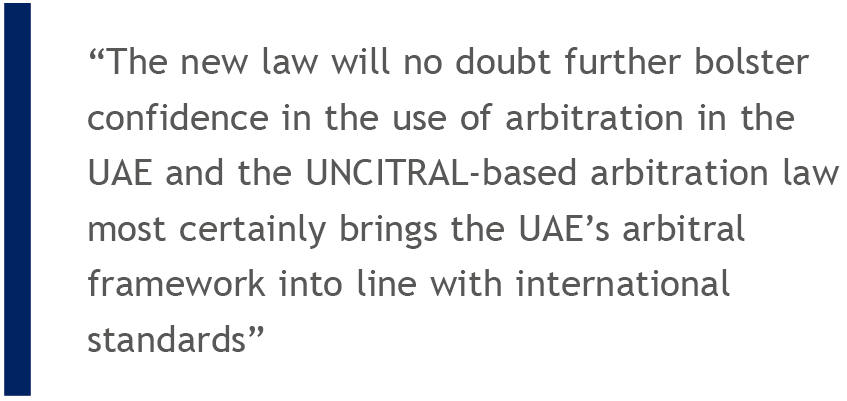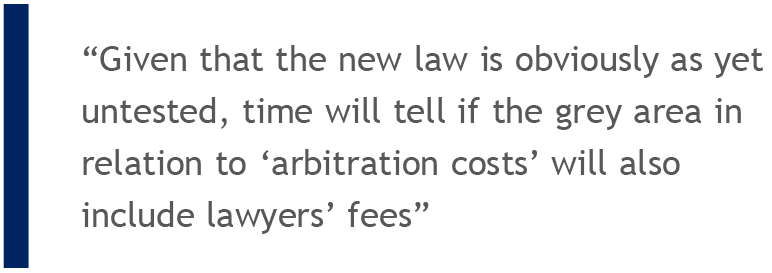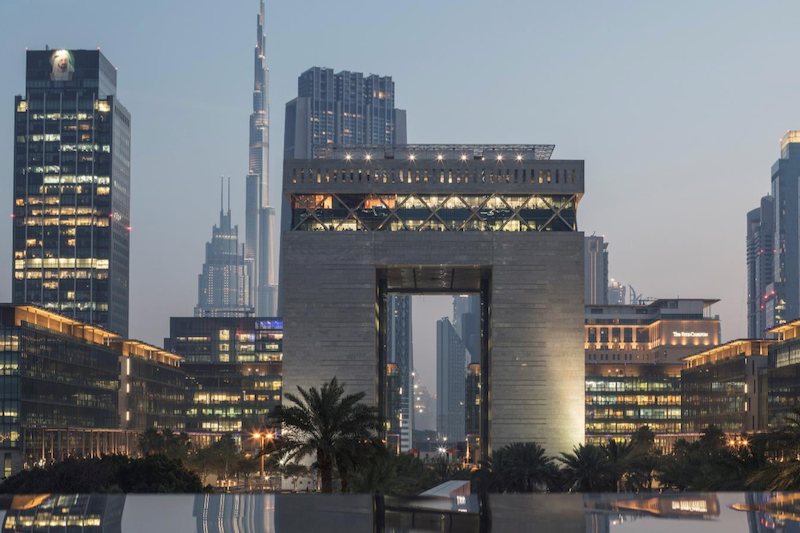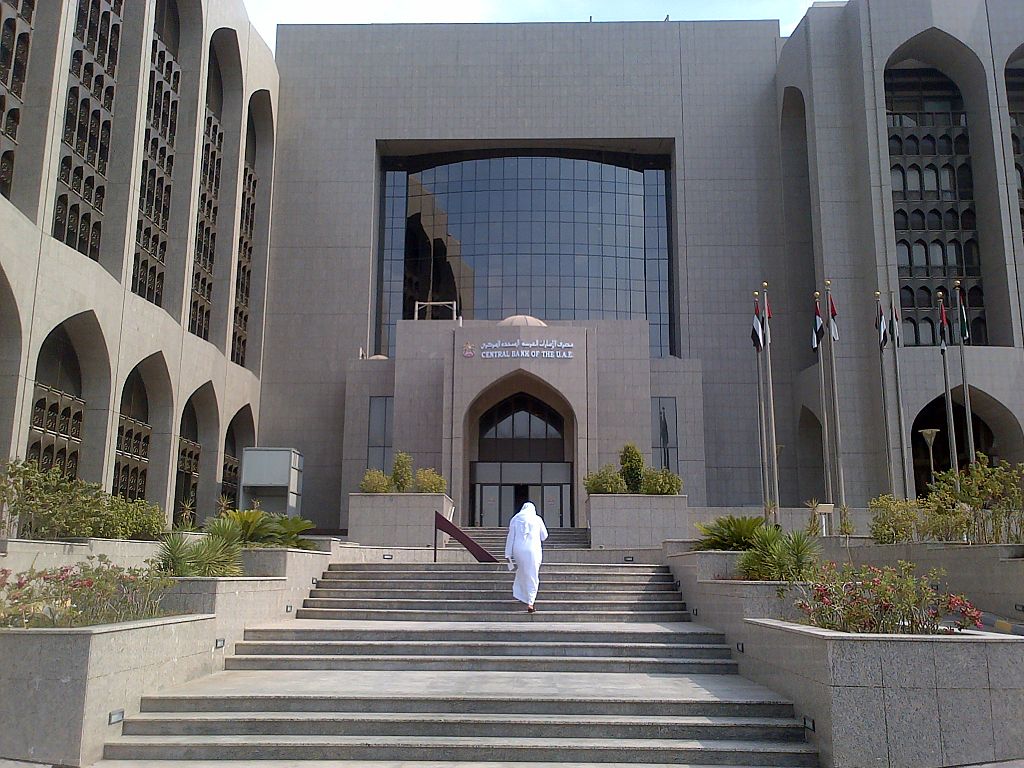 By Areen Jayousi, Horizons & Co
By Areen Jayousi, Horizons & Co
The most significant development in dispute resolution in the UAE, without a doubt, is the recent promulgation of the UAE’s standalone Arbitration Law. Law 6 of 2018 officially brings into place a UN Commission on International Trade Law (UNCITRAL) modelled law which significantly improves the UAE legal regime on arbitration and formally repeals the previous provisions on arbitration in the UAE Civil Procedure Code.
The significance of this much-anticipated development should not be understated. The UAE has long been a regional hub for international arbitrations, despite the law governing arbitration being underdeveloped. That is now a thing of the past.
Practitioners of dispute resolution in the UAE will welcome the new law, as many of the ambiguities of the former arbitration regime have been ameliorated. The new law will no doubt further bolster confidence in the use of arbitration in the UAE and the UNCITRAL-based arbitration law most certainly brings the UAE’s arbitral framework into line with international standards.
With the announcement of this new law, it is clear that the UAE has improved its process for legislative reform.
Previous to the new law being enacted, the law on arbitration was restricted to scant articles of the UAE Civil Procedure Code. With the new law however, we see the introduction of a comprehensive framework for arbitration which is in line with international norms and best practice.
The new federal law on arbitration was not a rushed afterthought. Indeed, lawyers in the UAE have been waiting for the enactment of this law for the best part of 11 years.
Thankfully, the new Federal Arbitration Law has greatly improved the uncertainty caused by the previous articles on arbitration within the UAE Civil Procedure Code, and will without a doubt further boost the UAE’s already sterling reputation as a hub for of international arbitration.
The new law has adopted the UNCITRAL-based model for arbitration legislation. This means that the legal framework for arbitration in the UAE has been significantly modernised and now UAE-seated arbitrations can be seen to be very much in line with international best standards, in the following ways:
Application of the new Federal Arbitration Law
Article 59 of the new law also explicitly states that the provisions of the law apply to each and every on-going arbitration (at the time of promulgation) as well as future arbitrations.
 Article 2 of the new law states that its contents apply to all arbitrations conducted within the UAE, however interestingly then states “unless parties submit their dispute to an alternative arbitration law”. My interpretation of this is that this wording intends to facilitate freedom for parties that wish to pursue their dispute before the DIFC (or any other offshore jurisdiction which enjoys a standalone arbitration law) as their seat of arbitration.
Article 2 of the new law states that its contents apply to all arbitrations conducted within the UAE, however interestingly then states “unless parties submit their dispute to an alternative arbitration law”. My interpretation of this is that this wording intends to facilitate freedom for parties that wish to pursue their dispute before the DIFC (or any other offshore jurisdiction which enjoys a standalone arbitration law) as their seat of arbitration.
Article 3 of the new law allows for extra-territorial application should the parties agree to be bound by this law for foreign arbitrations.
The agreement to arbitrate
The new law upholds the necessity that an agreement to arbitrate be in writing. However, the new law now specifically permits ‘electronic methods’ to form an agreement to arbitrate. The new law also stipulates that an arbitration clause shall be valid by reference as is commonly the case in construction disputes, should the arbitration clause be present within the standard form conditions. Clarity on the validity of a clause by reference was much needed and removes the previous ambiguity in this regard.
Article 6 of the new law formally acknowledges the notion of ‘severability’ whereby a provision to arbitrate in a contract remains valid should it be found that other parts of the contract are held to be illegal or otherwise unenforceable.
Article 8 of the new law is of pivotal importance and changes the current law on the issue significantly. Article 8 provides that should a litigant initiate proceedings before the local courts despite the presence of an arbitration clause, the local on-shore court shall dismiss the proceedings should the defendant put forth a jurisdictional objection (based on the presence of an arbitration clause) on condition that said objection is made prior to the defendant submitting arguments on the merits of the case before the court. Such an approach is a far more reasonable one in comparison to the previous regime, where the defendant was obligated (strictly) to submit a jurisdictional objection at the very first hearing.
Article 8 goes further to provide that arbitral proceedings can be initiated and continued despite the fact that litigation proceedings have already been initiated at court.
Jurisdiction of a tribunal
Article 19 of the new law now permits a tribunal to rule on its own jurisdiction. Any decision issued in this regard is appealable within 30 days before a competent court. The tribunal may also now continue with the arbitration proceedings despite the appeal.
Article 20 sets out a deadline for submitting a plea for the lack of jurisdiction of the Arbitral Tribunal on the following grounds:
- A jurisdictional challenge stating that the tribunal has no jurisdiction must be submitted before the hearing scheduled for a respondent to submit its statement of defence.
- A challenge that the legal issues raised by a party fall outside the ambit of the arbitration must be made immediately.
Interim awards
The new law has recognising interim or partial awards, in contrast to the previous regime which was silent on the issue.
Article 21 states that provisional awards be:

- provisional awards conserving evidence that is pivotal to the dispute;
- provisional awards to protect goods that make up part of a dispute;
- provisional awards to preserve assets; and
- provisional awards to preserve the status quo of an issue, or interestingly for parties to be restored to their previous position until a final decision is made on the merits of the dispute.
The above mentioned provisional awards, as well as other elements contained within Article 21 are now fully enforceable via local courts and will have the same effect as a court order.
Arbitral awards
The previous regime contained a rigid requirement that an award be physically issued in the UAE. Should this not happen, the award would then be deemed as a foreign arbitral award. This effectively meant that that arbitrators had to ensure they signed an award while being physically located within the UAE. Article 41 of the new law repeals this requirement and categorically maintains that domestic arbitration awards may be signed outside of the UAE and can now be signed electronically. A very welcome development.
Costs
Article 46 of the new law deals exclusively with costs of arbitration. While Article 46 (1) gives a tribunal the discretion to apportion ‘arbitration costs’, the subsequent wording of the same article makes specific reference only to tribunal, arbitrator and expert costs and makes no specific reference to lawyers’ fees/costs. Given that the new law is obviously as yet untested, time will tell (once we begin to receive judicial judgments) if the grey area in relation to ‘arbitration costs’ will also include lawyers’ fees, however it does seem unlikely from a strict literal interpretation of the wording of Article 46.
Challenges
Article 53 of the new law stipulates that an award can be nullified as follows:
- should it be found that there is no valid arbitration agreement, or the specified timeframe for rendering the award be exceeded;
- where one of the parties at the time of entering into the arbitral agreement lacked the requisite capacity;
- should one of the parties be unable to submit its defence due to erroneous notification;
- should the award have rejected the application of a specific law mutually agreed to by the parties;
- should the constitution of the tribunal be done in a way that is deemed contrary to UAE law or agreement by the parties; and
- if the award deals with matters beyond its duly sanctioned scope.
The above conditions are similar to those already catered for in the previous regime.
The Arbitration Law was issued on May 2018, therefore it remains to be seen how it will work in practice, particularly with regards to on-going arbitrations. However, considering this new law is in line with international arbitration best practice, it is certainly a welcome and much overdue development for dispute resolution in the UAE.
![]()














 Horizons & Co
Horizons & Co Areen Jayousi
Areen Jayousi Adv. Ali Al Zarooni
Adv. Ali Al Zarooni







